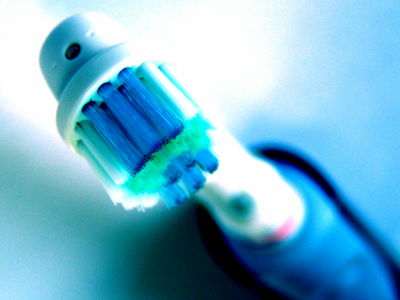Research results that ``people who nap frequently'' are more likely to develop high blood pressure and stroke

In recent years, attention has been focused on the benefits of taking a 'nap', with
Association of Nap Frequency With Hypertension or Ischemic Stroke Supported by Prospective Cohort Data and Mendelian Randomization in Predominantly Middle-Aged European Subjects | Hypertension
https://www.ahajournals.org/doi/10.1161/HYPERTENSIONAHA.122.19120
Study shows link between frequent naps and hi | EurekAlert!
https://www.eurekalert.org/news-releases/959311
Frequent Napping Could Be a Warning Sign of Serious Health Risks, Scientists Say
https://www.sciencealert.com/frequent-napping-could-come-with-a-concerning-health-risk
While past research results have shown that naps have a positive effect, there are also research results that naps are associated with high blood pressure and stroke . Therefore, a research team at Xiangya Hospital, Central South University, China, used data from the UK Biobank to analyze the relationship between nap frequency and high blood pressure and stroke.
The UK Biobank has over 500,000 UK residents who were between the ages of 40 and 69 between 2006 and 2010. Participants regularly report on their lifestyle, We also provide blood, urine and saliva samples. Although the frequency of naps is not always tracked, some subjects were asked about the frequency of naps a total of four times from 2006 to 2019.
The research team extracted about 360,000 people from the data, excluding those who had high blood pressure and stroke at the start of the survey, and analyzed the frequency of naps, high blood pressure, stroke, socioeconomic conditions, etc. Did.

Analysis of the data revealed that the subjects who took a nap on a daily basis were male, had low levels of education and income, had smoking and drinking habits, suffered from insomnia and snoring, and were nocturnal. A likely trend was observed.
The research team also reported that frequent naps were 12% more likely to develop high blood pressure than those who rarely napped, and 24% more likely to have a stroke. The risk also varied by age, with frequent nap participants under the age of 60 having a 20% higher risk of developing hypertension, compared with a 10% higher risk for those over the age of 60. is.
In addition, the research team also conducted a randomized analysis of the subject's genes (Mendel's randomization analysis) and investigated the relationship between naps and illness that excluded genetic factors. As a result, if the frequency of naps increased over time from 'never/rarely' to 'sometimes' or from 'sometimes' to 'regularly', the risk of hypertension increased by as much as 40%. It turns out.
This study also shows that frequent naps are associated with a genetic risk of hypertension. This study only examined the relationship between naps and illness, and did not prove a causal relationship. Therefore, it is possible that ``the frequency of naps is increasing due to the same cause as high blood pressure and stroke,'' rather than ``napping causes high blood pressure and stroke.''

Michael Grandner, a sleep expert at the University of Arizona who wasn't involved in the study, said that even though napping itself isn't harmful, many people who take naps may have a light night's sleep. indicate. “Lack of sleep at night leads to poor health, and naps alone cannot compensate for that,” he said.
Related Posts:
in Science, Posted by log1h_ik







